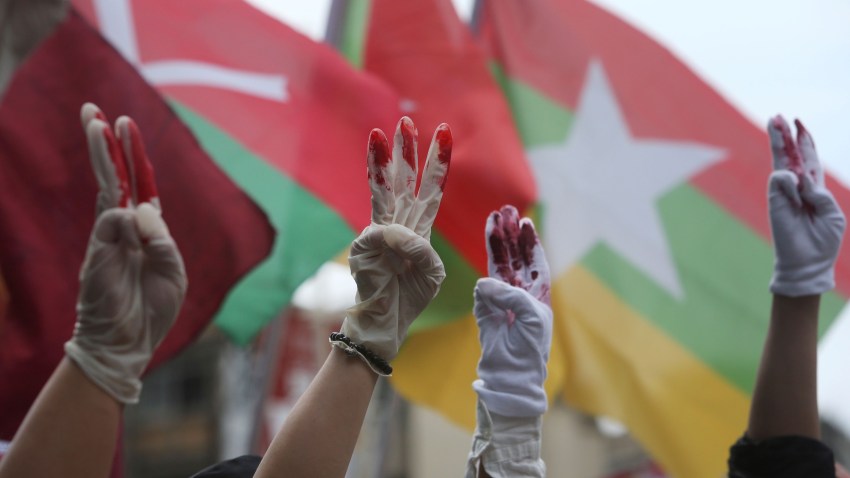On the third anniversary of the coup that brought the ruling military junta to power, people across Myanmar took part in a silent strike yesterday, bringing cities and towns to a standstill. The country remains in the grip of a civil war, with an estimated two-thirds of Myanmar experiencing conflict. (The Guardian)
Our Take
The coup that rocked Myanmar three years ago showed just how fragile the country’s democratic transition was, even as its aftermath has shown how resilient the country’s pro-democracy movement remains.
To be sure, Myanmar’s transition was imperfect at best. The military that had ruled the country with an iron first for nearly half a century began loosening its grip in the late 2000s, launching limited democratic reforms in 2011. But it continued to reserve certain important powers for itself in the 2008 Constitution. Still, political space opened up enough in the 2010s for Aung San Suu Kyi—the longtime symbol of Myanmar’s pro-democracy movement—and her party to win several elections. As a result, before the coup in 2021, Myanmar’s government more or less reflected the popular will.

